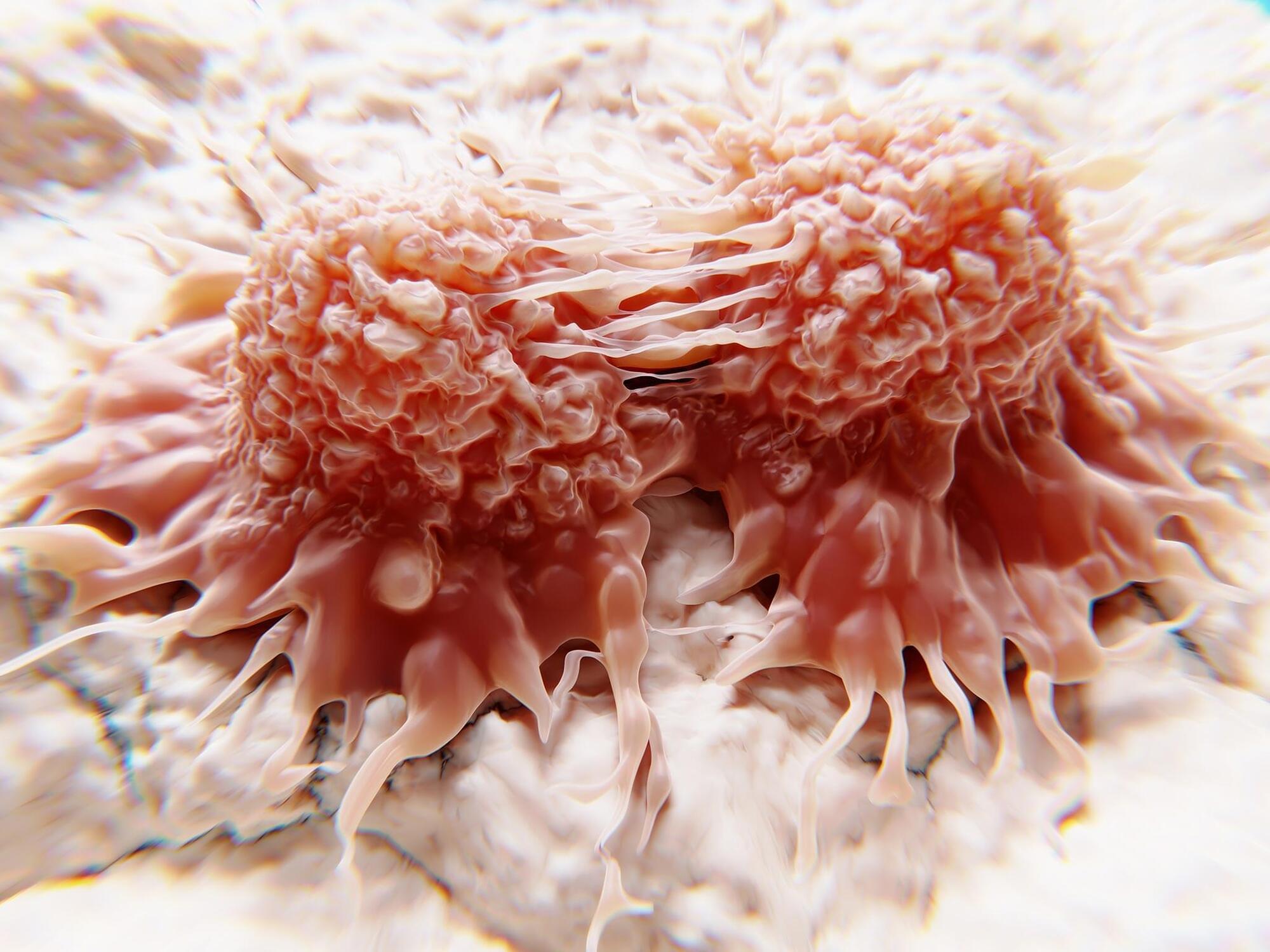Half a billion years ago, nature evolved a remarkable trick: generating vibrant, shimmering colors via intricate, microscopic structures in feathers, wings and shells that reflect light in precise ways. Now, researchers from Trinity have taken a major step forward in harnessing it for advanced materials science.
A team led by Professor Colm Delaney from Trinity’s School of Chemistry and AMBER, the Research Ireland Center for Advanced Materials and BioEngineering Research, has developed a pioneering method, inspired by nature, to create and program structural colors using a cutting-edge microfabrication technique.
The work could have major implications for environmental sensing, biomedical diagnostics, and photonic materials. The research is published in the journal Advanced Materials.








